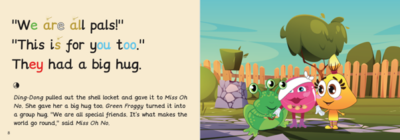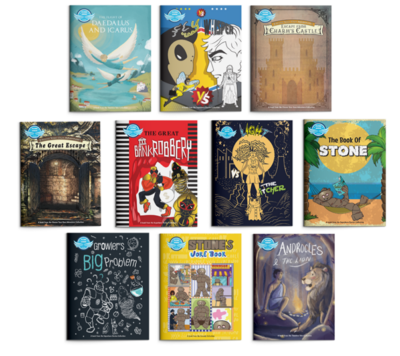When it comes to teaching children how to read, decodable books play a pivotal role in ensuring early success. These carefully crafted books enable young readers to decode words using the sound-letter relationships they have been taught. Their systematic approach to language acquisition makes them an indispensable tool in the classroom and at home.
What Are Decodable Books?

Decodable books are designed to align with a phonics programme, presenting words that children can sound out based on the rules they have learned. For instance, a child who has been introduced to the sounds associated with ‘s’, ‘a’, ‘t’, and ‘p’ can read simple words like “sat” and “pat”. By limiting the vocabulary to include only these sounds, decodable books provide a sense of achievement and build confidence.
Why Are Decodable Books Essential?
1. Building Confidence
Children need to feel successful in their reading journey to remain motivated. Decodable books ensure that young readers can engage with text independently, which reinforces their sense of accomplishment and encourages further learning.
2. Phonics Reinforcement
Phonics is the foundation of early reading and decodable books provide ample opportunity to practise blending and segmenting sounds. This consistent reinforcement solidifies their understanding of phonics rules.
3. Reducing Guesswork
Unlike books with unpredictable vocabulary, decodable books minimise the need for guessing. Children rely on their phonics skills rather than context clues or memorisation, fostering more accurate reading habits.
4. Bridging the Gap 
Decodable books act as a bridge between phonics lessons and real-world reading. They help children transition smoothly from learning individual sounds to reading more complex texts.
Choosing the Right Decodable Books
Parents and educators should select books that:


Beyond Decodable Books
While decodable books are vital in the early stages, it is important to gradually introduce a variety of texts to develop comprehension, vocabulary, and a love of reading. Once children have mastered decoding, they can progress to more complex and diverse literature.

